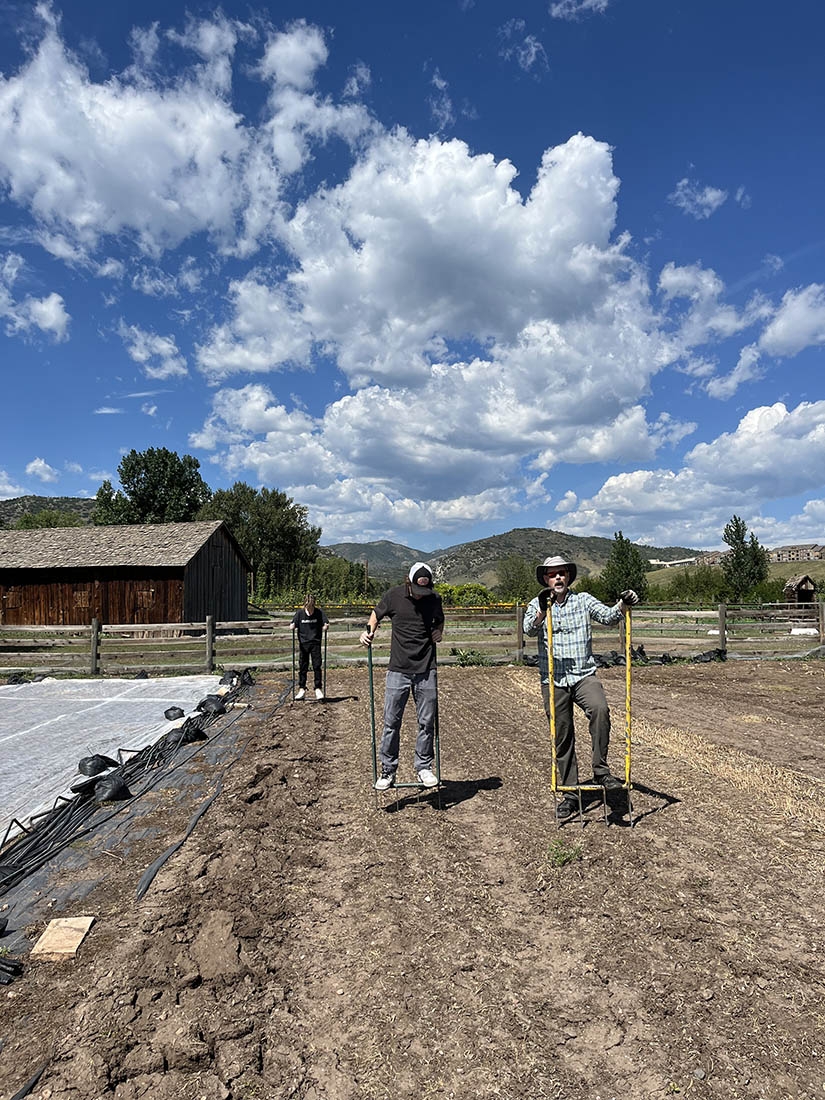You Are What Your Food Eats
You are what you eat. You've probably heard this saying and understand how the food you consume plays a pivotal role in shaping your overall health. But have you ever pondered what your food eats? It might sound like an odd question, but the truth is, almost all the nutrients found in our food originate from the soil. There is a critical connection between soil health and the nutrients in crops.
At first glance, it seems straightforward: Nutrient-rich soil should yield highly nutritious crops. However, the reality is far from simple. Over the past five decades, nutrient density in crops has been on a steady decline, despite an increase in crop production in the United States. This alarming trend raises a crucial question: Why are our crops becoming less nutritious over time?
Research from the Bionutrient Institute reveals that the nutrient density of crops can vary significantly. Take kale, for instance. The nutrient content in kale can differ by as much as fivefold. In practical terms, this means that you might need to consume five bunches of kale from a low-nutrient soil to match the nutritional value of one bunch of kale grown in nutrient-rich soil. This discrepancy underscores the importance of understanding and addressing the factors influencing soil health and, consequently, crop nutrient density.
Some might argue that choosing organic produce guarantees higher quality and better nutrient content. While organic farming practices offer various benefits, long-term research indicates that there is little discernible difference between the nutrient density of organic and conventionally farmed produce. This finding emphasizes that the key lies in how farms manage their soil, rather than the label on the produce.
So, what exactly does it come down to? Soil health. Healthy soil is a complex matrix influenced by several factors. Soil rich in organic matter fosters a diverse community of beneficial microbes, facilitating nutrient absorption by plants and protecting them against diseases. Well-structured soil, free from excessive compaction and tillage, allows water, oxygen and plant roots to penetrate deeply, giving roots access to a wider range of nutrients. Implementing sustainable soil health practices such as minimizing soil disturbance, preserving living roots year-round and diversifying crops also contributes significantly to soil health and crop nutrient density.
In the quest for nutritious food, it's essential to look beyond the plate. Nutrient density in our vegetables isn't solely determined by the plants themselves; it's deeply intertwined with the condition of the soil in which they grow. By focusing on soil health and implementing practices that nourish this vital resource, we can ensure that our food is not only abundant but also brimming with the essential nutrients our bodies need for optimal health. The next time you savor a dish of fresh vegetables, remember, it's not just about what you eat, but also what your food eats.
Learn more about soil nutrition:
- Soils for nutrition: state of the art
- Soil Health | Natural Resources Conservation Service
- Soil health and nutrient density: preliminary comparison of regenerative and conventional farming
- Increasing Nutrient Density of Food Crops Through Soil Fertility Management and Cultivar Selection | Center for Agriculture, Food, and the Environment
Gallery






Add new comment